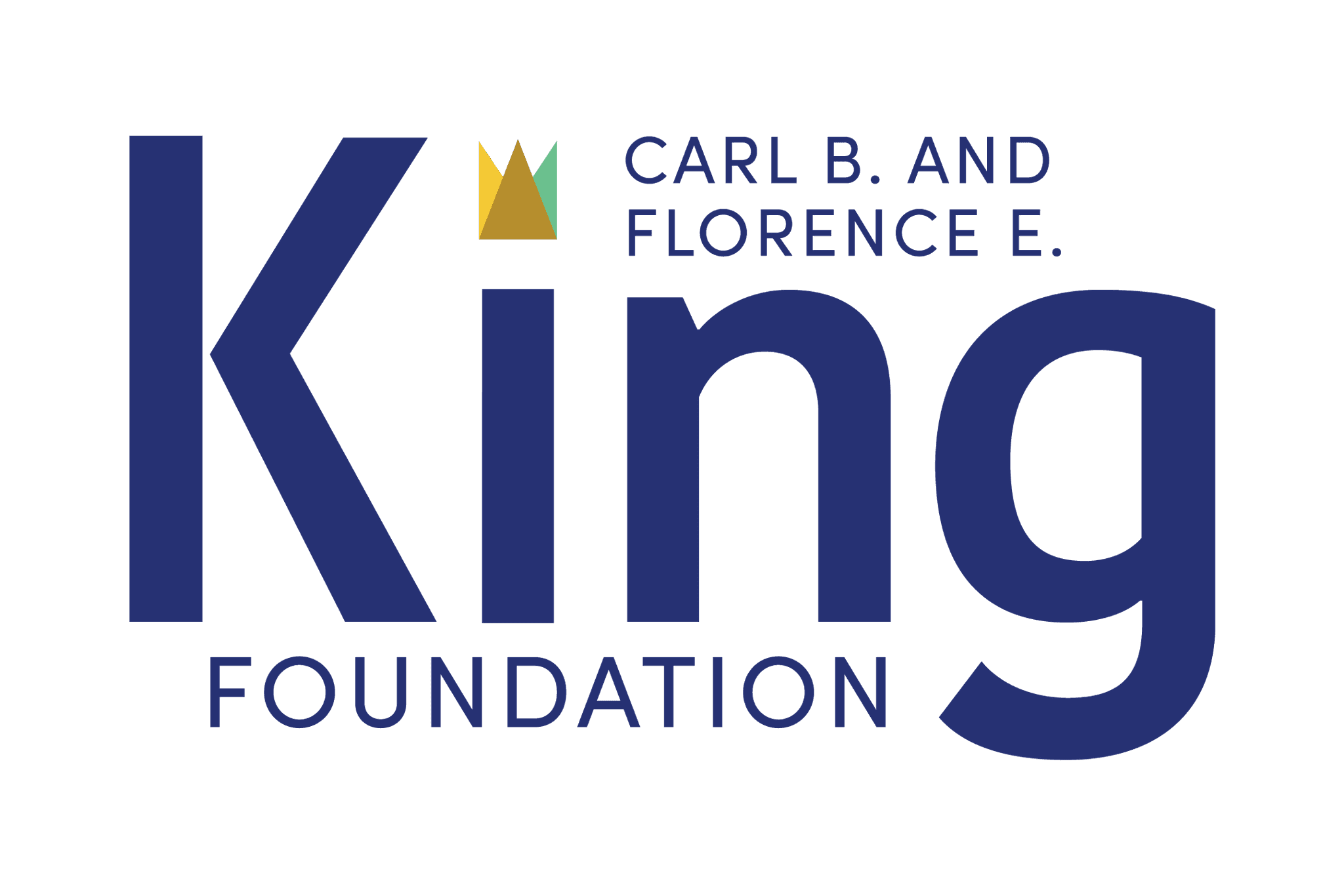
data-usecase-icon="recurring_donations"
Soutenir les ministères : Promesse de foi mensuelle
Offrir aux sympathisants un moyen pratique d'automatiser leurs dîmes ou offrandes mensuelles, assurant ainsi un financement constant des activités de l'église et de l'action sociale.
data-usecase-cta="recurring_donations" (dons récurrents)
data-usecase-icon="peer_to_peer"
Marathon de la mission globale
Encouragez les membres de votre église à courir, marcher ou faire du vélo tout en collectant des fonds pour des projets de mission à l'étranger. Chaque sympathisant crée une page personnelle pour recueillir les dons de ses amis et de sa famille.
data-usecase-cta="peer_to_peer"
data-usecase-icon="event"
Concert de Noël aux chandelles
Vendez des billets pour un concert intime à la lumière des bougies dans votre sanctuaire, afin de récolter des fonds pour des programmes d'aide à la communauté.
data-usecase-cta="event"
data-usecase-icon="donation_form"
Campagne de dons "Seasonal Blessings
Lancez un formulaire de don en ligne personnalisé pour des appels spéciaux tels que la campagne de Pâques ou les ministères de la rentrée scolaire, afin de faciliter les dons pour une cause limitée dans le temps.
data-usecase-cta= "donation_form"
data-usecase-icon="raffle"
Tombola de la Saint-Sylvestre au profit du fonds de construction
Suscitez l'enthousiasme en organisant une tombola avec des prix offerts pour financer la prochaine rénovation de votre bâtiment, en vendant les billets en ligne de manière transparente et en tirant au sort les gagnants en direct ou virtuellement.
data-usecase-cta="tombola"
data-usecase-icon="store"
Marché en ligne des biens célestes
Ouvrir une boutique en ligne pour vendre des livres confessionnels, des vêtements de marque et des produits de boulangerie, afin de générer des revenus tout au long de l'année pour les programmes destinés aux jeunes - 100 % sans frais.
data-usecase-cta="store"
Comment Zeffy se compare-t-il aux autres plateformes de collecte de fonds pour Organisations religieuses et confessionnelles
Frais | Vous gardez | Vous perdez | ||
|---|---|---|---|---|
0 % de frais de plateforme et de traitement | $50,000 | $0 | ||
2,9 % + 0,30 $/transaction | $48,400 | -$1,600 | ||
2,2 % + 0,30 $ + ~2,35 % de frais de plateforme | $47,500 | -$2,500 | ||
2,9 % + 0,30 $/transaction | $48,350 | -$1,650 | ||
3,7 % + 1,79 $/billet + 2,9 % de frais de traitement | $46,550 | -3 450 $ (estimation) | ||
1.99% + $0.49 | $48,560 | -$1,440 |
100% gratuit, toujours.
Les 6 meilleures idées de collecte de fonds pour les Organisations religieuses et confessionnelles
☀️ Marathon de prière au lever du soleil
Les participants marchent à l'aube sur des routes pittoresques dans le cadre d'une marche de prière parrainée, en recueillant des promesses de dons par kilomètre pour des actions de sensibilisation et de fraternité.
🍦 Sundae Scripture Social
Organisez un concours de glaces en plein air où les enfants mémorisent des versets en échange de glaces gratuites. Les participants font des dons pour les garnitures supplémentaires, ce qui permet de renforcer la foi et de collecter des fonds.
🌭 Fellowship Backyard BBQ
Organisez un barbecue d'été payant avec des grillades, de la musique de louange en direct et des jeux payants pour une collecte de fonds familiale.
🎵 Summer Praise Concert
Un concert de louange en plein air avec des groupes locaux. Des stands de sponsors et des offrandes d'amour permettent d'augmenter les dons tout en rassemblant la communauté.
📖 Lecteur dévotionnel numérique
Envoyez chaque jour par courrier électronique des textes de piété parrainés par des donateurs. Chaque abonné débloque les messages bibliques sponsorisés, ce qui permet de collecter des fonds grâce aux dons des abonnés.
🌐 Défi de la foi en action
Lancez un défi sur les médias sociaux en encourageant les sympathisants à publier des actes de gentillesse avec votre hashtag, afin de collecter des dons de pair à pair et de sensibiliser l'opinion publique.
Envie de plus d'inspiration ?
Découvrez plus de 40 organisations gratuites Organisations religieuses et confessionnelles idées de collecte de fonds
Principales subventions pour Organisations religieuses et confessionnelles en 2025

Subventions de l'EPA pour l'éducation à l'environnement (EE)
Agence américaine pour la protection de l'environnement
Jusqu'à 100 000
Soutien aux projets d'éducation à l'environnement ; date limite de dépôt des candidatures : 15 août 2025.

Subventions communautaires
Fondation King
De 15 000 à 75 000 dollars
Soutient des initiatives communautaires à but non lucratif en Arkansas et au Texas ; la date limite de réception des lettres de demande de renseignements est fixée au 16 juin 2025.

Subventions fédérales pour les organisations confessionnelles
Département de la justice des États-Unis - Task Force for Faith-based & Community Initiatives (groupe de travail sur les initiatives religieuses et communautaires)
Varie en fonction de la subvention
Permet aux organisations confessionnelles à but non lucratif d'accéder aux subventions fédérales sur un pied d'égalité ; recherche de subventions via www.Grants.gov.

Subventions locales pour l'éducation à l'environnement de l'EPA (NOFOs)
Agence américaine pour la protection de l'environnement
Environ 30 à 35 bourses dans tout le pays ; le montant varie.
Subventions pour des projets d'éducation à l'environnement par région ; cycle 2023 clôturé, à surveiller pour les cycles à venir.
Principales entreprises qui font des dons à Organisations religieuses et confessionnelles en 2025

Walmart
Elle soutient les organisations confessionnelles à but non lucratif par le biais de subventions locales, de programmes "Spark Good", y compris la collecte de dons, de registres de charité et d'espaces de collecte de fonds.

Foi élevée
Fait don d'une partie de ses bénéfices à des organisations chrétiennes réputées et soutient des organisations confessionnelles à but non lucratif par le biais de dons mensuels lors du Charity Day.

Fondation Tim Tebow
Au service des communautés confessionnelles et marginalisées dans le monde entier grâce à divers programmes depuis 2010

Unum
Offre des dons caritatifs axés sur des parcours équitables, la santé et le soutien à la communauté (exclut le financement d'organisations religieuses, mais offre un programme de dons équivalents).
Questions fréquentes
Zeffy est-il vraiment 100% gratuit pour les organisations religieuses et confessionnelles ? Quel est le problème ?
Oui, Zeffy est entièrement gratuit pour les organisations religieuses et confessionnelles ! Il n'y a pas de frais de plateforme, pas de frais de traitement et absolument aucun coût caché. Notre financement provient des pourboires optionnels des donateurs qui soutiennent la mission de Zeffy de garder chaque dollar avec les organisations qui en bénéficient. C'est tout - il n'y a pas de piège !
Les organisations religieuses et confessionnelles peuvent-elles utiliser Zeffy pour collecter la dîme ?
Absolument ! Les organisations religieuses et confessionnelles peuvent utiliser Zeffy pour collecter la dîme, vendre des billets d'événements et mettre en place des dons récurrents sans payer de frais. 100 % de la collecte est directement affectée à la mission de votre organisation.
Quels types de campagnes de collecte de fonds les organisations religieuses et confessionnelles peuvent-elles mener avec Zeffy ?
Les organisations religieuses et confessionnelles peuvent mener diverses campagnes de collecte de fonds avec Zeffy. Vous pouvez lancer des collectes de fonds de pair à pair, organiser des événements payants ou mettre en place des programmes de dons récurrents. Quels que soient vos besoins en matière de collecte de fonds, nous sommes là pour vous aider.
Quelle est la meilleure plateforme de collecte de fonds pour les organisations religieuses et confessionnelles ?
Zeffy est la seule plateforme de collecte de fonds 100% gratuite pour les organisations religieuses et confessionnelles. Contrairement à d'autres plateformes qui prétendent être gratuites mais qui facturent des frais de traitement, nous ne prélevons pas un centime sur vos dons. Cela signifie que plus d'argent va directement à vos programmes et à vos causes - exactement là où il faut.













